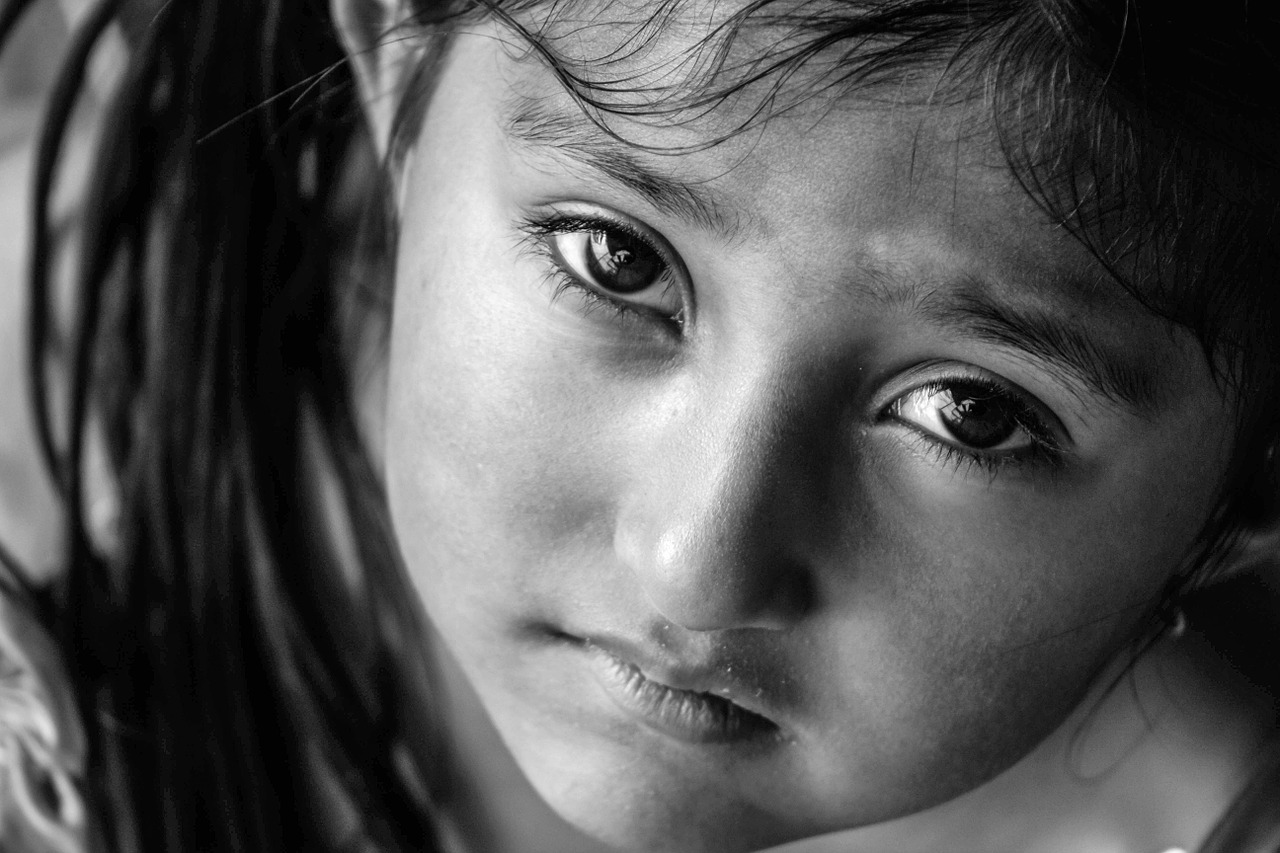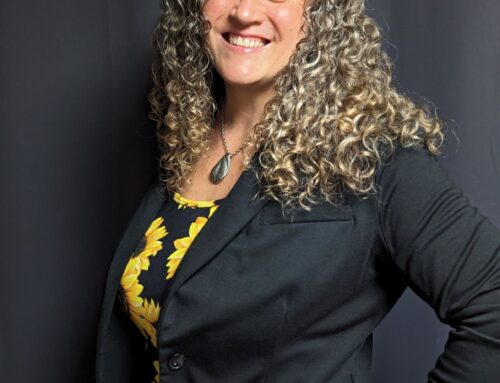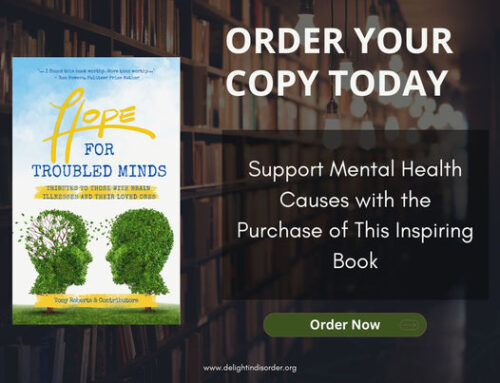I am a baby in the Baby Boom Generation, born in 1964. I remember doing drills where at the teacher’s command, we would hide under our desks, get on our knees and cover our heads. The thinking was that in case of a nuclear attack, those wobbly cast metal one-unit desks would shelter us from radiation. We may have been foolish, but damn, we believed in the power of our own resourcefulness.
Even though I came from a “broken home,” I was encouraged by voices of teachers, coaches, and pastors around me that I could rise above my station and aim for a better life. “You are good student,” “You understand the game,” “God has big things in store for you.” These voices filled me with hope during particularly dark days at home.
Wednesday, October 10 is World Mental Health Day. The focus this year is “Young People and Mental Health in a Changing World.” The World Health Organization outlines the scope of the issue:
Adolescence and the early years of adulthood are a time of life when many changes occur, for example changing schools, leaving home, and starting university or a new job. For many, these are exciting times. They can also be times of stress and apprehension however. In some cases, if not recognized and managed, these feelings can lead to mental illness. The expanding use of online technologies, while undoubtedly bringing many benefits, can also bring additional pressures, as connectivity to virtual networks at any time of the day and night grows. Many adolescents are also living in areas affected by humanitarian emergencies such as conflicts, natural disasters and epidemics. Young people living in situations such as these are particularly vulnerable to mental distress and illness.
Far too many young people today hear unsettling voices around and within them that cause paralyzing doubt. The threats of the world loom large — global warming, sexual abuse, poverty, violence, suicide. Many choose to give up and strive to become numb by using substances or engaging in destructive behaviors. Others respond by aiming for a brand of deceptive perfectionism which tells them they can control what is uncontrollable in the world.
The article “Why Are Our Children So Anxious?” (CT Women) opens with the story of 19-year old Sabrina:
From middle school on, she rigorously over-prepared, making straight As and enrolling in a full load of honors and advanced-placement courses. Her teachers also encouraged her to get involved in as many extracurricular activities as possible for the sake of preparing for college admissions. Despite her perfect grades and apparent success, she worried constantly about what people thought of her and how she was being perceived. She became terrified of confrontation or punishment, even when she’d done nothing wrong.
The mental health care needs of youth today are vast. Many grow up without the encouraging voices that they have value for who they are, not only for how they perform.
How can we begin to address the epidemic of mental illness among the youngest and most vulnerable members of our society? How do we promote a greater sense of well-being? How can we boost the immune system for youth to survive, even thrive, in a world riddled with the spiritual dis-ease of anxiety?
Again, the World Health Organization:
Much can be done to help build mental resilience from an early age to help prevent mental distress and illness among adolescents and young adults, and to manage and recover from mental illness. Prevention begins with being aware of and understanding the early warning signs and symptoms of mental illness. Parents and teachers can help build life skills of children and adolescents to help them cope with everyday challenges at home and at school. Psycho-social support can be provided in schools and other community settings and of course training for health workers to enable them to detect and manage mental health disorders can be put in place, improved or expanded.
The world has changed a tremendous amount since those days I spent crouched beneath generations of gum wads under that student desk. It may seem like efforts to combat mental illness in youth are about as futile as those desks protecting us from radiation from a nuclear fall-out.








Leave A Comment